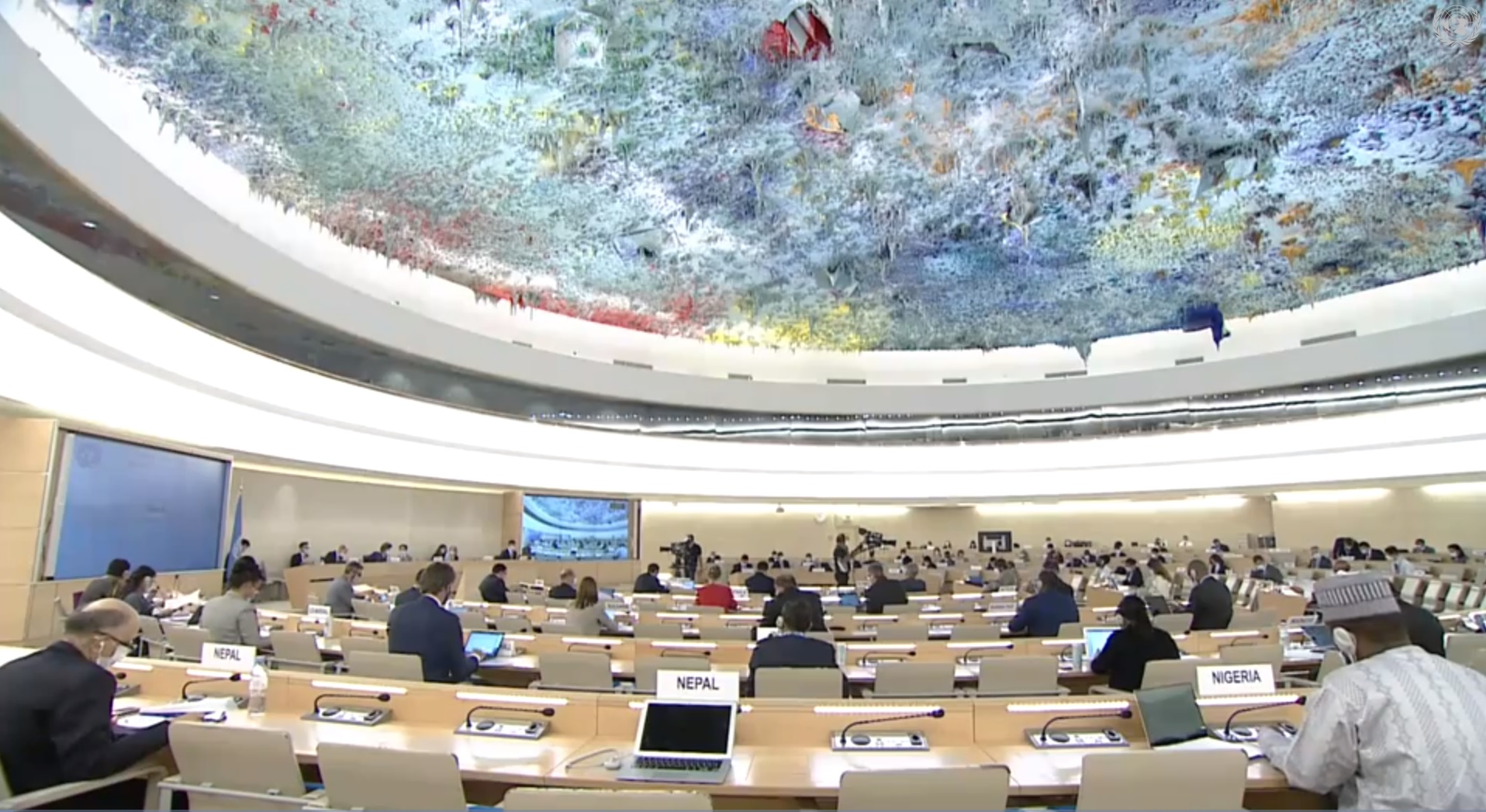At the UN, Brazil abstains on proposals to undermine women’s rights
Bolsonaro government´s foreign policy blemishes Brazilian record at the United Nations

Bolsonaro´s administration´s attacks on the domestic front, via arbitrary decrees, on rights that had been previously guaranteed, are seeing close parallels in Brazilian diplomatic actions in multi-lateral spaces, like the United Nations.
On Friday morning (17th), during a UN Human Rights Council vote on a resolution proposed by Mexico, Brazil abstained on setbacks to women´s rights presented in amendments from countries such as Russia, Egypt and Saudi Arabia.
The states requested the exclusion of the participation of young activists and human rights defenders in the construction of public policies concerning gender equality. Another amendment suggested removing references to guaranteeing access to information and services on sexual and reproductive health in the states´ responses to the Covid-19 pandemic.
“The Council´s record for approving resolutions to recognise women´s rights and to condemn discriminatory practices and gender-related violence has been making advances. At every vote in Geneva, countries that insist on undermining women have been trying, unsuccessfully, to prevent these regulatory advances in the multi-lateral arena.” Said Gustavo Huppes, International Advisor at Conectas.
Under the Bolsonaro administration Brazil immediately joined this group. In 2019, the country voted in favour of changing resolutions to eliminate guarantees of sexual and reproductive rights. Instructions issued by the Brazilian Foreign Office – revealed by the press in June last year – advised Brazilian diplomats to defend the point of view that the concept of gender should be based solely on biological sex.
Brazil´s voting on resolutions approved today by the Council and its respective proposals of amendments continued along these lines. In recent weeks the country negotiated points of the resolution on gender discrimination presented by Mexico. For example, in sessions transmitted online, Brazilian diplomats defended the removal of paragraphs on access to information and contraceptive methods and the prevention of sexually transmitted diseases.
“The Foreign Office believed they could hide behind a strategy of abstention. The problem is that abstaining means avoiding responsibility. An abstention carries both a practical weight – as it influences the outcome when it is a close call – and also has a symbolic value.” Explained Camila Asano, Programme Director at Conectas.
“Bolsonaro´s diplomatic staff have embarrassed themselves on two fronts. They have failed in their objective of preventing the resolution and have condemned Brazil to appearing on UN historic records as a country that abstained alongside, Libya, Afghanistan and Qatar in voting on human rights.” She concluded.


